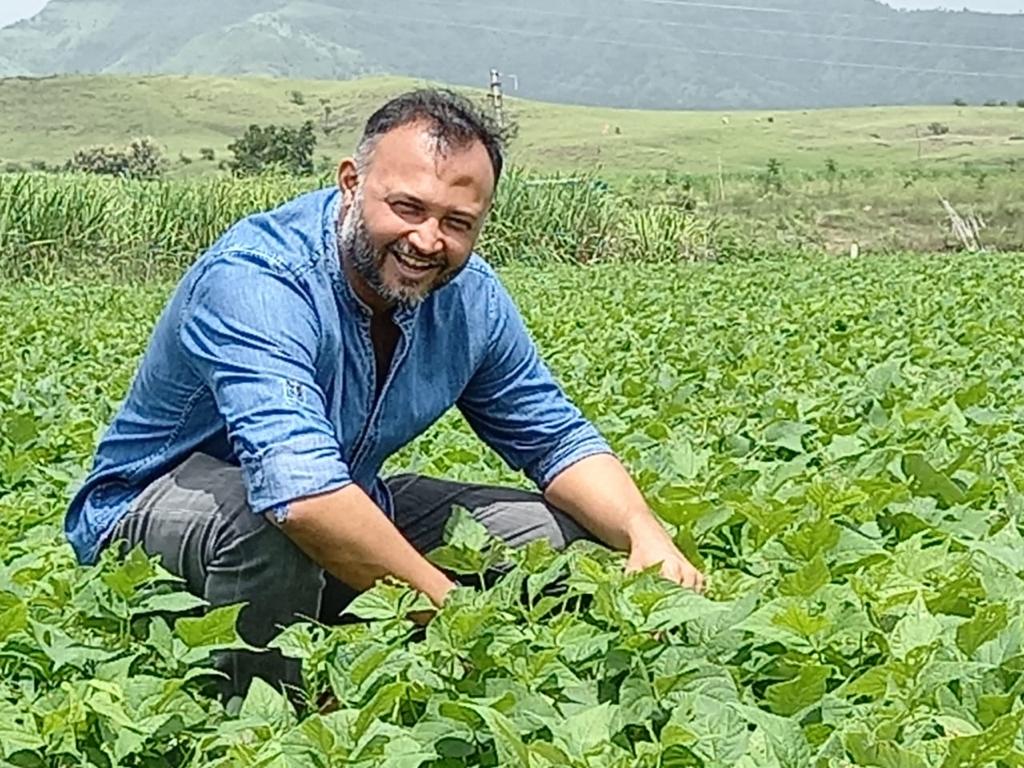Health Benefits of Regenerative Agriculture: Nurturing Soil for a Sustainable Future
Author – Aniish Shah, Founder, Earth Harvests
Regenerative agriculture emphasizes the importance of healthy soil for sustainable food production. By implementing practices such as cover cropping, composting, and reduced tillage, farmers can build healthy soil that is rich in organic matter and nutrients. This translates to nutrient-dense food for consumers, providing essential minerals like calcium, magnesium, and zinc that contribute to good human health. Moreover, regenerative agriculture promotes sustainable farming methods that reduce the need for harmful chemical inputs, benefiting both human well-being and the environment.
Enhancing Food Quality and Flavors through Soil Health
The investment in soil health through regenerative agriculture has a delightful payoff: better-tasting food. Healthy soil teems with beneficial microorganisms that enhance the complex flavors of crops. By nurturing the soil, farmers can create an environment that supports these microorganisms, resulting in a more pleasurable dining experience. Additionally, regenerative agriculture promotes the use of diverse crops, fostering biodiversity and maintaining soil fertility. This not only contributes to sustainable food production but also encourages the evolution of resilient plant strains adaptable to changing climates and environmental conditions.
Securing Food Security and Resilience through Sustainable Farming
In a world grappling with food security challenges, regenerative agriculture offers a promising solution. By prioritizing sustainable farming practices and biodiversity, this approach helps mitigate the risks associated with monocropping and the over-reliance on specific crop strains. By fostering food diversity, regenerative agriculture promotes soil health and resilience, making farms less vulnerable to pests and diseases. It also contributes to climate adaptation, as resilient plant strains can thrive in various weather conditions. Ultimately, regenerative agriculture ensures a more secure and sustainable food system for future generations.
Building Nutrient-Dense Food and a Healthier Planet
Regenerative agriculture goes beyond conventional farming practices by recognizing the vital connection between soil health and human health. By prioritizing sustainable farming methods, nurturing soil biodiversity, and embracing food diversity, this approach provides nutrient-dense food while also protecting the environment. With the potential to mitigate climate change, enhance food security, and improve the quality of the food we consume, regenerative agriculture presents a holistic and sustainable path forward.











